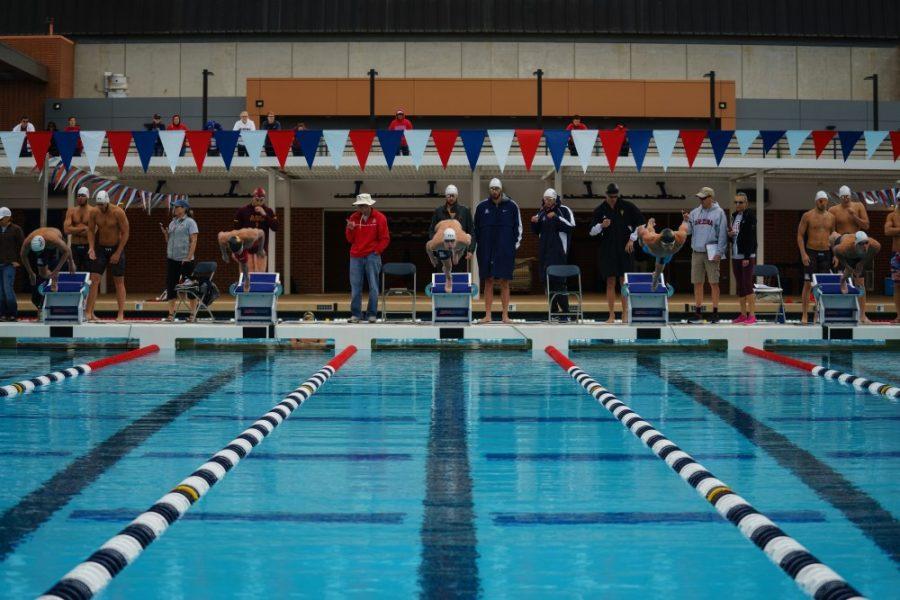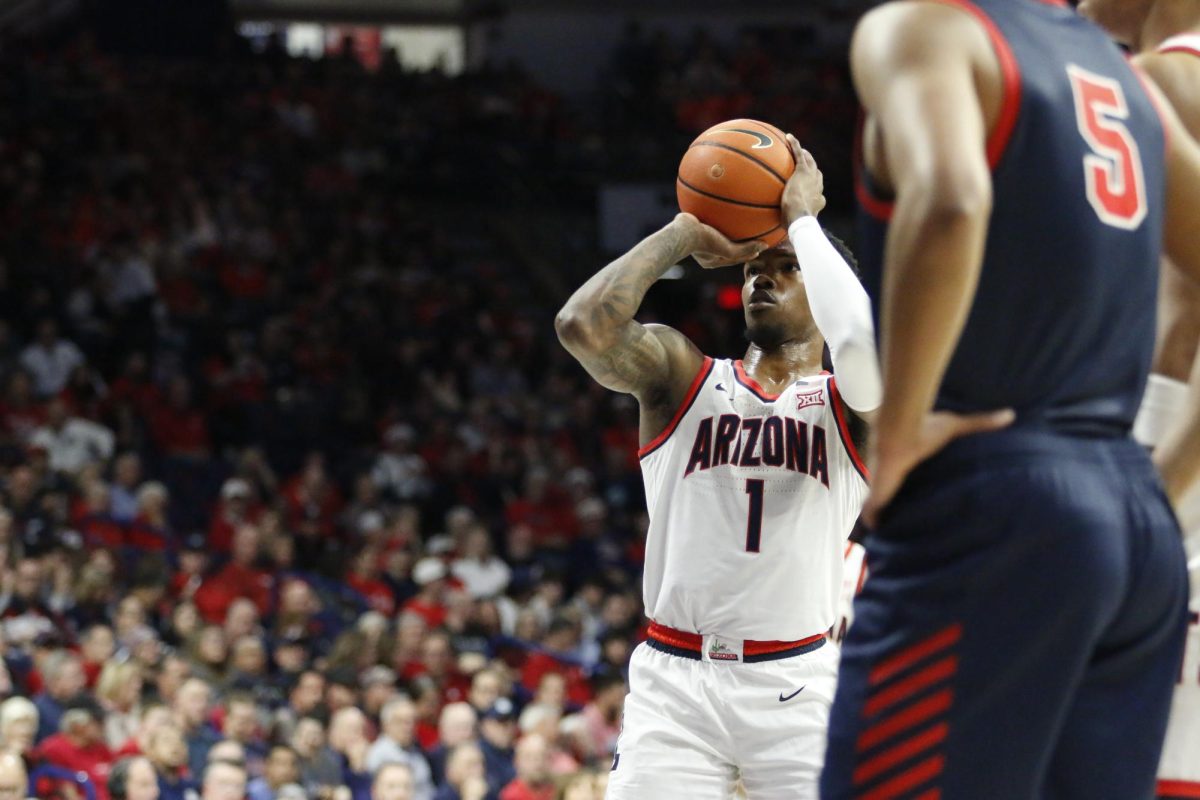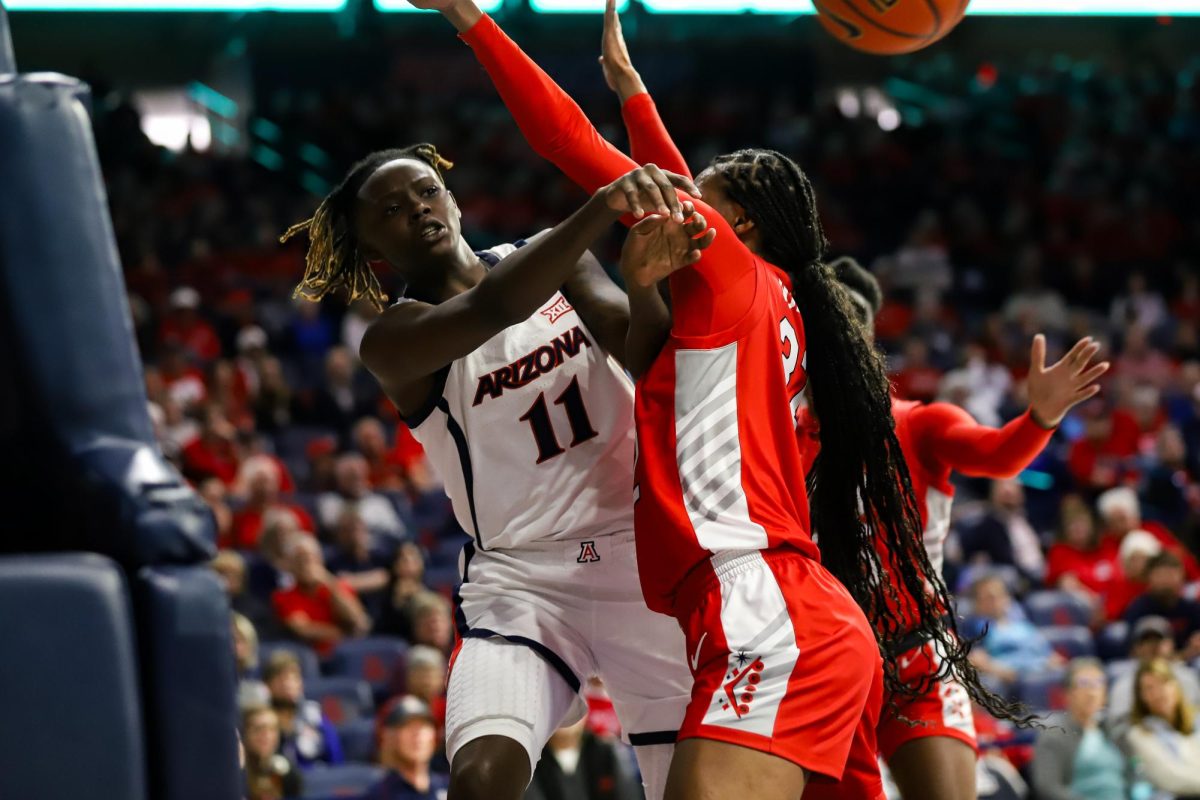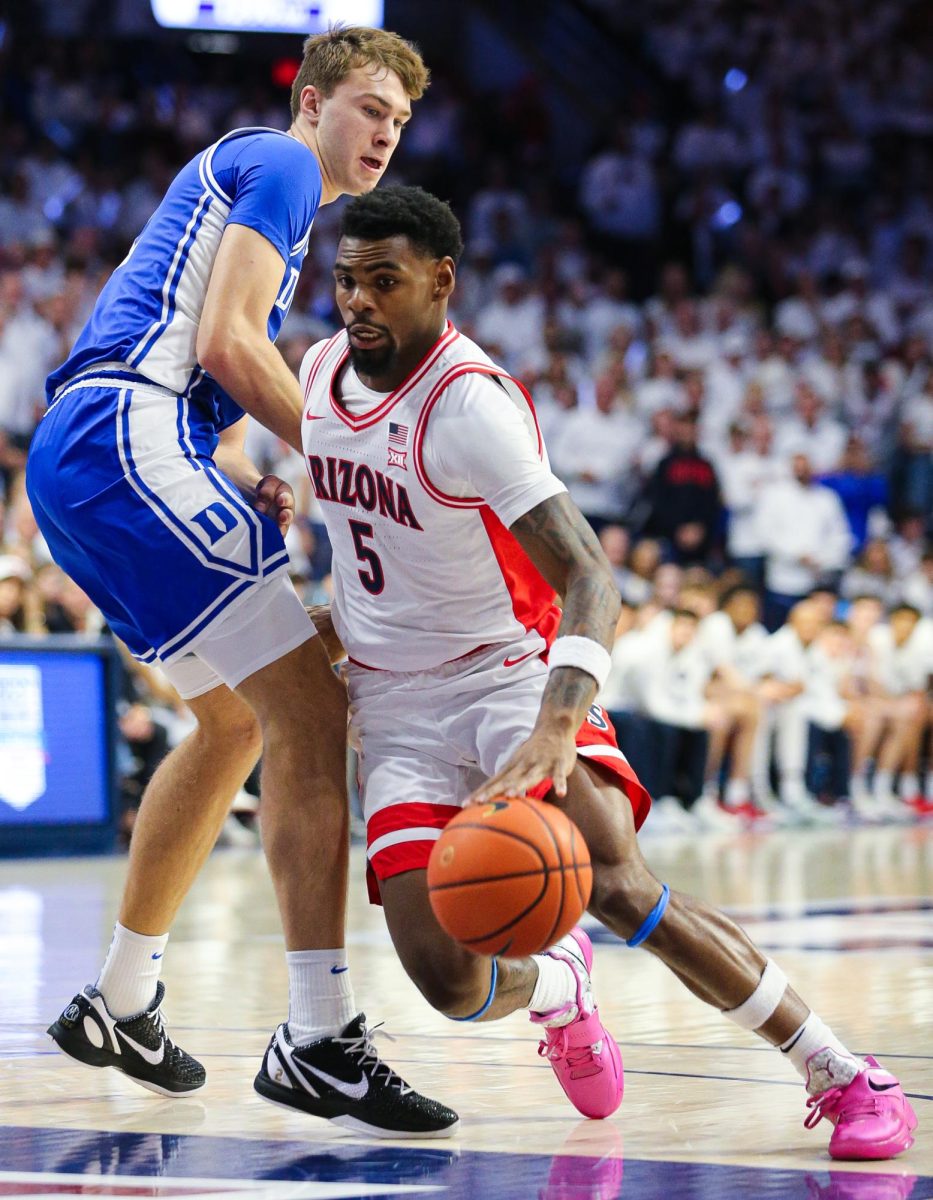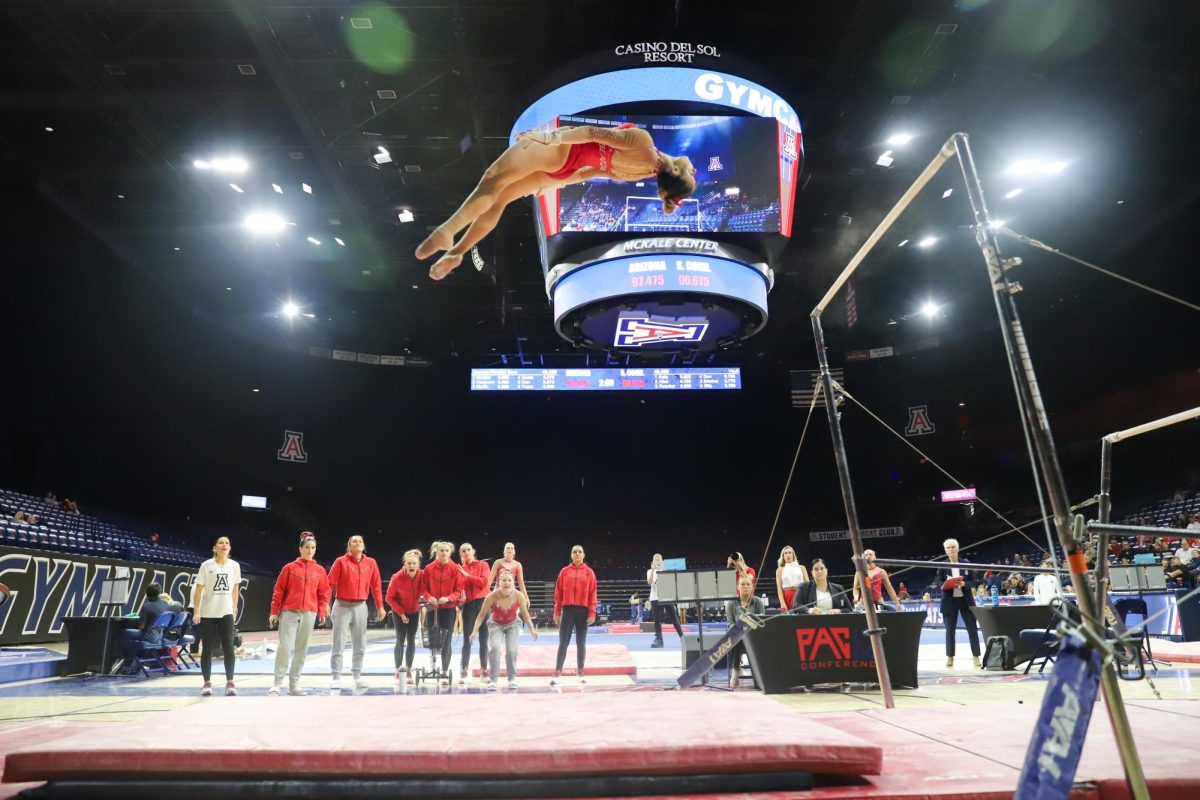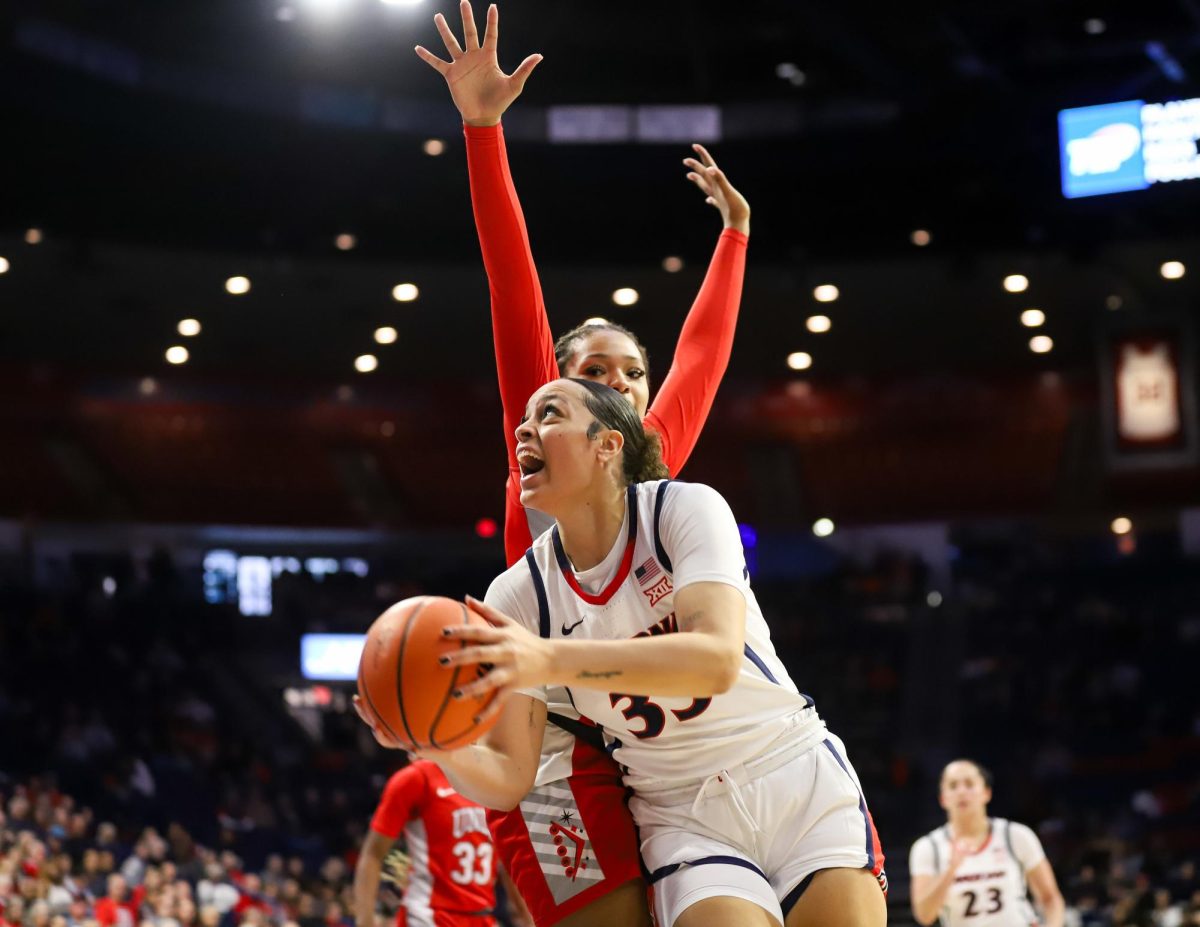The Daily Wildcat recently spoke with sophomore swimmer Jade Neser via Zoom in an interview. Neser is from Johannesburg, South Africa, and swims freestyle and breaststroke.
Daily Wildcat: What is your favorite childhood memory while growing up in South Africa?
Jade Neser: “What sets South Africa apart is wildlife. Something I loved to do was go on safaris and go out to the bush and get up close and personal with the animals. They are not roaming around in the street, but it is something that I really do love. Animals are a huge part of South African culture. Being immersed in that is something I really remember growing up and am very grateful for.”
DW: What do you feel makes South Africa unique that many people may not know about?
JN: “Something I speak about a lot and I think is a prevalent issue everywhere is the argument of race and racial equality. South Africa had a law called ‘apartheid,’ which segregated white people from black people. This is something South Africa had to overcome. Apartheid only ended for us in 1994, so that has been a huge issue. We are not as strong of an economy as America and that has created issues. Something I see in everyday life is racial inequality, and that is something that is tackled in sports in South Africa. What makes South Africa unique is its diversity, especially in sports. It is something that I am very proud of my country for.”
DW: Was there a sport growing up you really enjoyed playing?
JN: “I love rugby and it is such a big part of South African culture. I have two older brothers [Joshua and Okhela Neser] who played rugby in high school, and I remember their school hosted a huge rugby festival. Sports are a great way to unite people. Unity is something that has been a problem because of our history. Rugby has been a huge bridge for that. The film ‘Invictus’ is about the story of how South Africa won the 2007 Rugby World Cup and I think the film speaks to more than just the victory but also the unity. Nelson Mandela was the first Black president after apartheid was lifted. As much as watching rugby is exciting to watch … I think it speaks more to unity.”
DW: How did you discover your love for swimming?
JN: “I was not really in love with swimming before college. I was a serious track and field athlete and did high jump for a long time. I thought that is where my career was going to be. When I was 12 years old I watched a video of Matt Grevers win the 100-backstroke at the Olympics, and I remember thinking swimming was so cool. I decided that swimming, even though it was scary, was something that I had more potential in. A big part of why I love the sport is there is so much room for growth, and not many sports have that adaptability and allow for people to grow.”
DW: Does athletics run in your family?
JN: “My brother Joshua was a very talented long jumper and a national champion in judo. My dad used to swim, and my mom was a gymnast. Athletics is something in my family’s genetics.”
DW: How do international athletes look up and chose a college to attend in America?
JN: “It is very overwhelming. In South Africa, we have four universities that we could choose from. One part of it is knowing athletes who went to college in America, so you know their universities. My parents contacted a recruiter who could get in contact with coaches. What’s funny is that the UA actually reached out to me, and I had never heard of Tucson before in my life. I had heard it in a song, and I had no idea it was a real place.”
DW: What made you want to come to the UA?
JN: “One of the things they said was they have a huge history of South African swimmers here. In 2000, South Africa set the world record for the 4×100 relay, and that was a huge part of South Africa’s history because we had never done that before. All four of those swimmers went to the UA. The way that they took something that I was insecure about and showed me how swimming could be a diamond in the rough really made me excited. That is when I knew that it was over and realized Arizona was where I wanted to be.”
DW: Do you recall your first day on campus?
JN: “I remember the day exactly. I had traveled for 34 hours on three separate flights and it was crazy. I got here with my mom and [the] UA team had a swim meet. I walked onto the swim deck and it was the most beautiful facility that I had ever seen. I was so grateful because my home country does not have a facility like that, and this facility was at an American college. Hearing American accents was so weird, and when I was talking to everyone, I thought they sounded just like people in [Hollywood] movies. Everyone on the team was so nice and came up and introduced themselves. After one day I was like, this is my team.”
RELATED: OPINION: The University of Arizona is the best school for student athletes
DW: What was your first year like with the team?
JN: “One thing I really took away from my freshman year was how much you can learn from the disappointments. That is something that I have gotten much better at. My freshman year was hard. I remember going to morning practices and running stadium [steps], going to the pool and then sprinting to class. Some of my meets were great and others were not what I really wanted. What stood out to me was … there is always time to go back and grow more to achieve your potential. I learned about high level standards of work requirements, and that is something I honor Americans for. You guys know how to work hard, and you know how to go big. It is something I think a lot of other countries could learn from.”
DW: What are you hoping to accomplish next year when you become an upperclassman?
JN: “I really want to focus on what is important to me and what values are important to me. I want to implement that into the women’s team and create an environment that works for everyone. It can create a good balance between a high level of achievement and a safe space where people can be free to be happy and vulnerable.”
DW: Why did you want to major in engineering?
JN: “From a young age, I found a lot of comfort fighting for more women to be more prevalent in the workplace. Something I learned from spending time with my grandmother and mother is that I wanted to be a trailblazer, and I wanted people to hear what I had to say. I love math and science, and my relatives on my dad’s side are all engineers. I fell in love with the idea of robotics and aerospace mechanics. Knowing that women do not make up a huge part of the S.T.E.M. industry, it got to a point where I thought this is going to change and if I must be the one to change it then I will do it.”
DW: What do you enjoy doing in Tucson when you are not training?
JN: “I love watching sunsets. I go out with my friends, and we just drive around and put the windows down and go to Mount Lemmon, Gate’s Pass or ‘A’ Mountain. I like being outdoors without having to exercise. I love watching ‘The Bachelor’ with my team. We do that a lot … it is trash, but I love it.”
DW: What are your plans after you graduate?
JN: “I think about that a lot. I have always loved NASA. I was just accepted into an internship run by NASA this summer, so I am excited about that. I want to be working in engineering when I graduate and hopefully pursue a master’s degree. Before I do all of that, I want to give swimming a good shot.”
Follow Sean Fagan on Twitter



